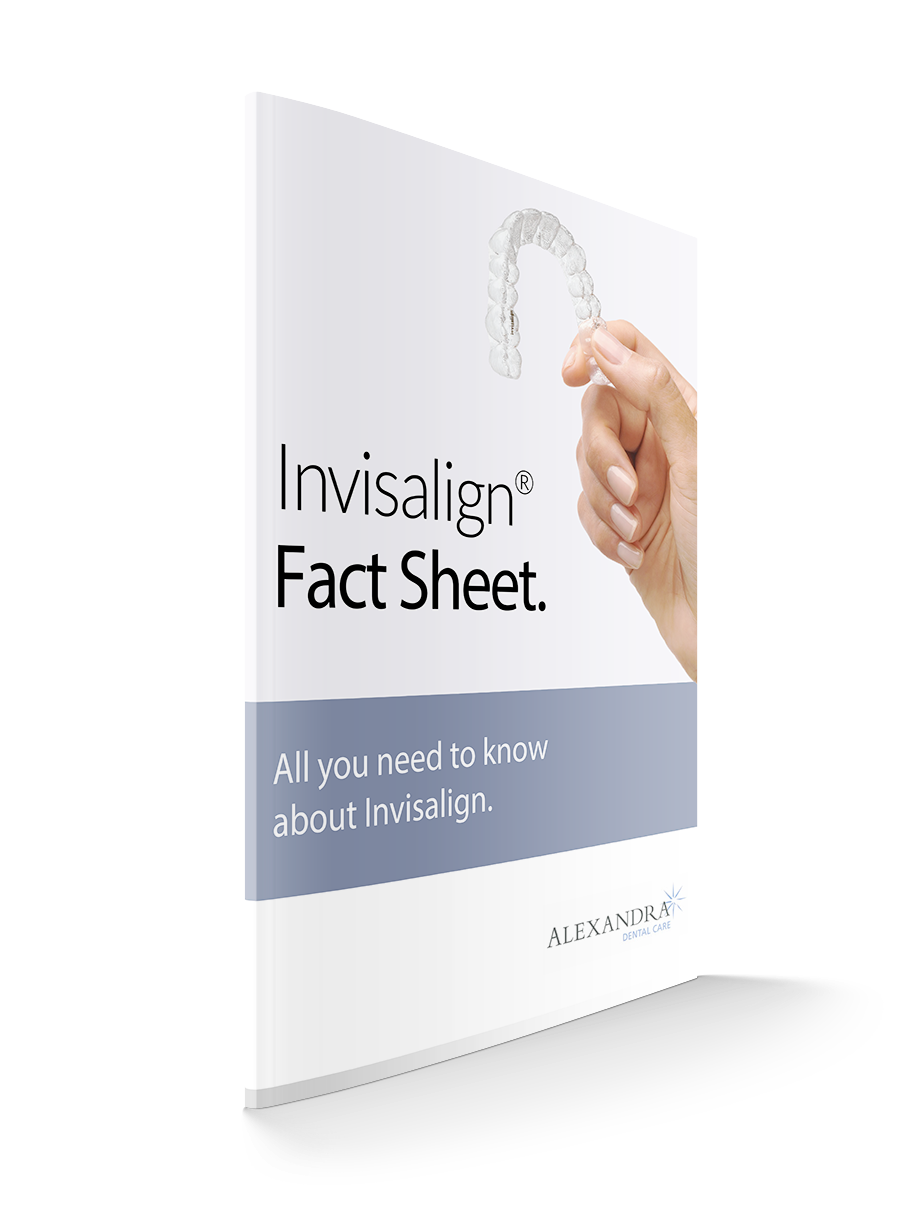The Perfect Smile Starts With Good Hygiene. Swadlincote and Burton Dentists.
The Perfect Smile Starts With Good Dental Hygiene.
Let’s face it, who doesn’t want the perfect pearly white smile? No celebrity comes without one these days, and with the advances of dental cosmetic treatment it is something that is now available to everyone. But what people forget is that the perfect smile really does begin with good dental hygiene. Before any cosmetic treatment is done the patient has to have good oral hygiene.
Following some simple tips will help you maintain good oral hygiene.
Brushing
Brushing your teeth twice a day is essential, once in the morning and once again at night time, ideally just before bed, or after all your meals and drinks. The front and back of teeth should be brushed, and then the biting surfaces. This is all to prevent the build-up of bacteria in your mouth that can cause cavities. We all have bacteria living in our mouths, and everywhere else on our bodies, and when we eat sugary foods the bacteria feeds on the sugar and produces an acid, which then attacks the teeth. This bacteria is called plaque, which is a gooey film covering your teeth.
The attack is most prominent for up to 30 minutes after eating a sugary snack, so if you’re going to eat something sugary then eat it all at once. This is a mistake parents often make, letting their child space out their sweets. If they’re going to eat sweets let them eat them all at once, and then get them to brush their teeth afterwards. This will most definitely help to minimise decay, as you are leaving less chance of leaving anything sugary in the mouth for the bacteria to feed on. It doesn’t mean you can’t ever enjoy sugary foods, drinks or sweets again, just be aware of the attack on your teeth afterwards, and brushing after that snack or meal will minimise any harm to your teeth.
Foods and drinks to look out for are fruit juices which are very acidic to the teeth, fizzy drinks, toffees and boiled sweets. Toffees can stick to fissures in your teeth which will cause decay, and sucking on a sweet is increasing the time of the acid attack. It’s is also definitely advised not to give children fruit juices in a bottle. This also increases risk of decay
Flossing
Flossing your teeth is just as important as brushing, as food and plaque can easily stick between the teeth and in those hard to reach places. Flossing enables you to remove the food and prevent acid attacks in-between your teeth, which are common problem areas. To floss you just need to hold the floss at either end using both hands, gently slide in between your teeth and pull through. Floss can be used between front and back teeth, where spaces are tight. Some people may have bigger spaces between their teeth, and if this is the case floss won’t be of much help. To clean in bigger spaces between the teeth try using inter dental brushes, which are little brushes on the end of a little handle. The brush is flexible so can be bent and moved for easier access. They also come in different sizes so you can use them for all spaces, big or small.
Keeping your gums clean
Your gums can often get forgotten, but it is just as vitally important to keep clean. When brushing your teeth also brush over your gums, and also over your tongue using small circular motions, to remove any build-up of bacteria. Do not press too hard, you do not want to damage the gums. Gum disease is such a common problem, and as said in our previous blog, this has been linked to heart disease.
It is believed that bacteria underneath the gum line can seep into the blood stream and travel to the heart and other organs causing harm. A way to combat the build-up of tartar, which is plaque that has hardened, is to have regular scale and polishes, either every 6 months or yearly
Mouth Washes
There are many mouth washes on the market but the best mouth wash comes down to personal preference. Only let children use mouthwashes specifically designed for children as adult mouthwashes can contain fluoride which could be harmful to a child if swallowed in large quantities. Mouth washes can help remove bits of food stuck between the teeth and make your breath smell nice. Mouth washes containing chlorhexidine can help when you are experiencing gum problems, but they are not advised to be use on a daily basis.
DON’T SMOKE!!
Smoking can cause serious damage to your gums, receding them quicker than non-smokers. And once the gum is lost it can never be replaced. That is why smokers are more likely to have gum disease as the toxins and chemicals in cigarettes have a devastating effect on the gums, as well as other parts of your body! Smoking will also stain your teeth and make your breath smell.
Google+

Comments are closed.